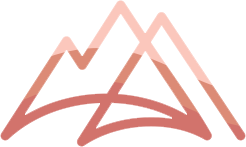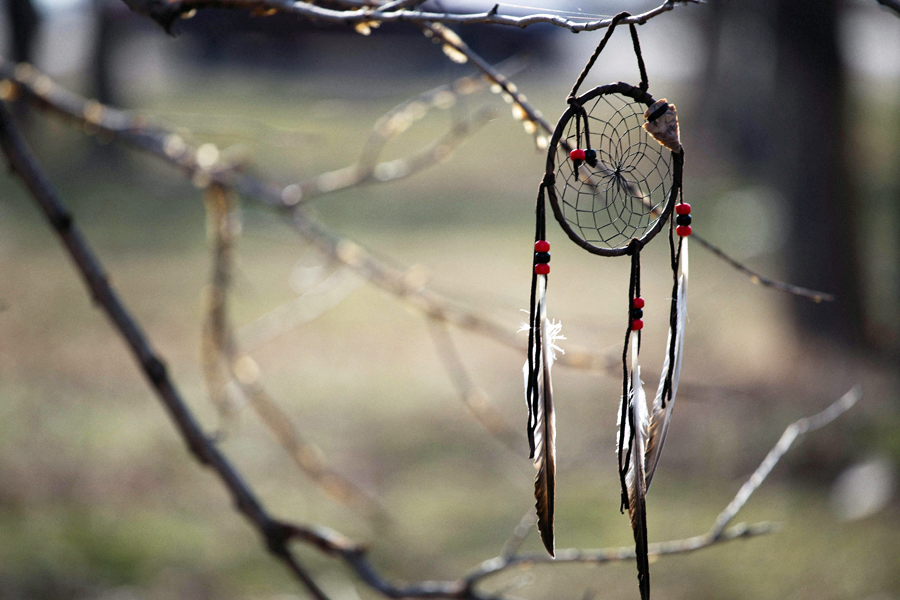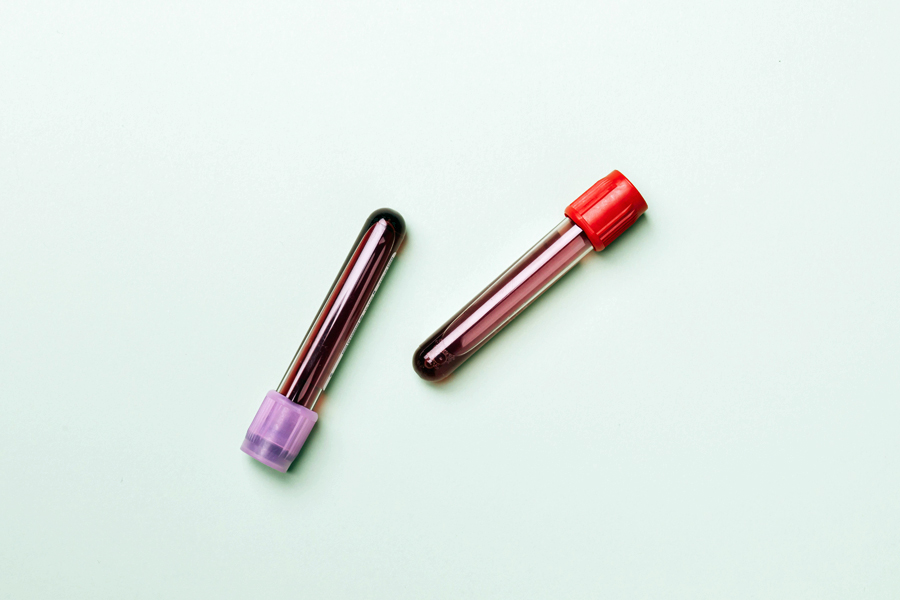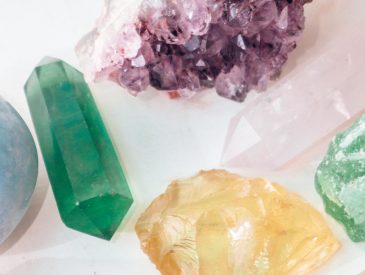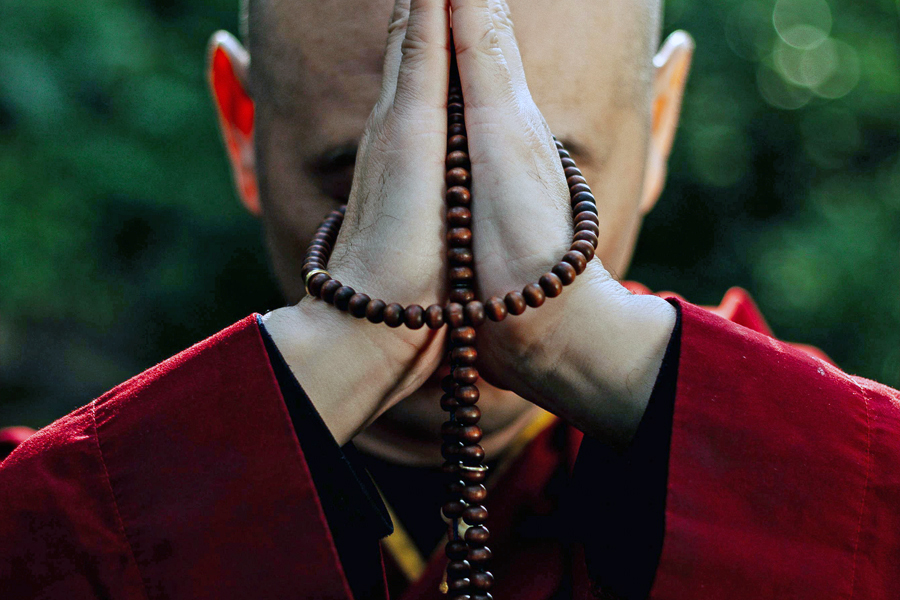Traditional healing practices in Native American communities blend ancient wisdom with modern healthcare. These practices, including medicine wheels and sweat lodges, address physical, mental, emotional, and spiritual health. They offer a holistic approach to wellness that complements Western medicine.
The integration of traditional and Western approaches enhances patient care. Native healers work alongside doctors, bringing cultural competency to healthcare settings. This collaborative model respects indigenous knowledge while leveraging modern medical advancements, improving outcomes for Native American patients.
Content Team. (2025). Traditional healing practices and their role in modern healthcare. Fiveable.com.
Research
Acharibasam, J., Hurlbert, M., Datta, R., et al. (2024). Meanings of indigenous land-based healing and the implications for water governance. Explore.
Andrade, N., Jones, M., Frazier, S., et al. (2019). Tribal practices for wellness in Indian country. Preventing Chronic Disease.
Calac, A., Baker, H., & Calac, D. (2025). An introduction to traditional healing in American Indian and Alaska Native communities. MedEdPORTAL.
Calabrese, J. (2008). Clinical paradigm clashes: Ethnocentric and political barriers to Native American efforts at self-healing. Ethos: Journal of the Society for Psychological Anthropology.
Garrett, M., Brubaker, M., Rivera, E., et al. (2011). Ayeli: A Native American-based group centering technique for college students. American Counseling Association.
Garrett, M., Brubaker, M., Rivera, E., et al. (2008). The medicine of coming to center: Use of the Native American centering technique — Ayeli — to promote wellness and healing in group work. The Journal for Specialists in Group Work.
Garrett, M., & Garrett, J. (2002). “Ayeli”: Centering technique based on Cherokee spiritual traditions. Counseling and Values.
Gone, J. (2011). The red road to wellness: Cultural reclamation in a Native First Nations community treatment center. American Journal of Community Psychology.
Goodkind, J., Gorman, B., Hess, J., et al. (2015). Reconsidering culturally competent approaches to American Indian healing and well-being. Qualitative Health Research.
Hartmann, W., & Gone, J. (2012). Incorporating traditional healing into an urban American Indian health organization: A case study of community member perspectives. Journal of Counseling Psychology.
Johnson-Jennings, M., Billiot, S., & Walters, K. (2020). Returning to our roots: Tribal health and wellness through land-based healing. Genealogy.
Koithan, M., & Farrell, C. (2010). Indigenous Native American healing traditions. The Journal for Nurse Practitioners.
Levers, L. (2006). Samples of Indigenous healing: The path of good medicine. International Journal of Disability, Development and Education.
Lewis, J. (2022). Reclaiming our identity through Indigenous cultural generative acts to improve mental health of all generations. Indigenous Knowledge and Mental Health, a Global Perspective.
Lucana, S., & Elfers, J. (2020). Sacred medicine: Indigenous healing and mental health. The Qualitative Report.
Marques, B., Freeman, C., & Carter, L. (2022). Adapting traditional healing values and beliefs into therapeutic cultural environments for health and well-being. International Journal of Environmental Research and Public Health.
Motsisi, M. (n.d.). Ancient healing traditions. Indigenous Healing Studies.
Moulton, P. (2011). Restoring identity and bringing balance through Navajo healing rituals. Music and Arts in Action.
Oulanova, O., & Moodley, R. (2010). Navigating two worlds: Experiences of counsellors who integrate Aboriginal traditional healing practices. Canadian Journal of Counselling and Psychotherapy.
Ranford, J. (1998). Traditional Native healing: An integral part of community and cultural revitalization. Nexus.
Rybak, C., Eastin, C., & Robbins, I. (2011). Native American healing practices and counseling. The Journal of Humanistic Counseling, Education and Development.
Rybak, C., & Decker-Fitts, A. (2009). Understanding Native American healing practices. Counselling Psychology Quarterly.
Solomon, A., & Wane, N. (2005). Indigenous healers and healing in a modern world. Integrating Traditional Healing Practices into Counseling and Psychotherapy.
Sotillos, S. (2022). Indigenous healing and its prescription for contemporary psychology. Spiritual Psychology and Counseling.
Struthers, R., Eschiti, V., & Patchell, B. (2008). The experience of being an Anishinabe man healer: Ancient healing in a modern world. Journal of Cultural Diversity.
Sue, D. (1999). Advocacy and Indigenous methods of healing. ERIC Counseling and Student Services Clearinghouse.
Yeh, C., Hunter, C., Madan-Bahel, A., et al. (2004). Indigenous and interdependent perspectives of healing: Implications for counseling and research. Journal of Counseling and Development.
Zegarra-Parodi, R., Draper-Rodi, J., Haxton, J., et al. (2019). Native American heritage of the body-mind-spirit paradigm in osteopathic principles and practices. International Journal of Osteopathic Medicine.
Additional Information
A collective voice: Indigenous resilience and a call for advocacy | American Counseling Association
The importance of community in Indigenous Peoples’ healing | National Alliance on Mental Illness
An integrated approach to well-being on the Navajo Nation | American Federation of Teachers
The healing power of Native American culture is inspiring psychologists to embrace cultural humility | American Psychological Association
How trauma gets passed down through generations | Native Hope
Medicine ways: Traditional healers and healing | Native Voices
Traditional Healing | First Nations Health Authority
Traditional Healing | National Council of Urban Indian Health
Traditional Healing | Native American Connections
